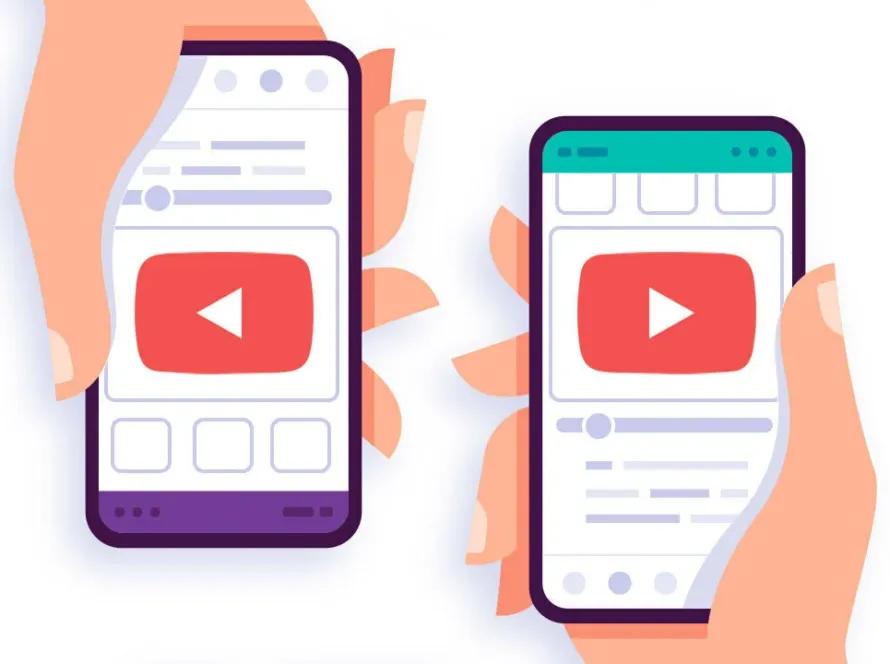In the ever-evolving world of digital advertising, the role of PPC (Pay-Per-Click) managers is undergoing a remarkable transformation. Thanks to the integration of Artificial Intelligence (AI) and automation, PPC managers are now able to shift their focus from time-consuming manual tasks to more strategic initiatives. This shift towards greater efficiency and effectiveness is undoubtedly an exciting evolution in the realm of PPC advertising.
As AI continues to advance, its influence on daily PPC operations becomes increasingly significant. Let’s delve deeper into how AI is reshaping the daily activities of PPC account managers:
Less Manual Work, More Algorithm Management
Automation has been a game-changer in the PPC landscape for some time, and this trend is set to continue. PPC managers are now witnessing substantial changes in their work dynamics. Tasks like monitoring search queries and implementing negative keywords are gradually being automated, freeing up valuable time for managers to concentrate on more critical aspects of their campaigns. Contrary to fears of job elimination, automation is merely redefining the roles and responsibilities of PPC managers. Instead of focusing on individual keywords, they will be entrusted with the management of algorithms, ushering in a new era of productivity and value generation.
Data Team Collaboration
The relationship between PPC managers and data teams is growing in importance as campaigns become increasingly data-driven. This collaboration extends to activities such as implementing tagging infrastructure, website analytics, CRM access, and leveraging scaled automation and data reporting. While this partnership may have been limited in the past, it is now essential for PPC success. Building and maintaining strong relationships with data teams is crucial for staying competitive and driving results in today’s data-rich marketing landscape.
Attribution Measurement and Incrementality Testing
Demonstrating the value of paid search within the broader marketing program is a familiar challenge for PPC managers. Measuring sales, revenue, ROAS, LTV, and other value-based metrics is par for the course. However, the adoption of incrementality analysis is becoming increasingly vital. Media Mix Modeling (MMM) and incrementality testing provide essential insights into marketing campaign effectiveness and efficiency, helping PPC managers make informed decisions in a complex and data-driven environment.
Audience Building and Management
Audience targeting has long been a staple in PPC advertising. While AI and automation won’t alter this approach significantly, the rise of privacy regulations will necessitate new tactics and strategies for audience creation, development, sculpting, and management. PPC managers must maximize their CRM data to craft audiences that deliver results. This shift in operations will require adapting to new directions and factors.
Ad Creative Development and Testing
The evolution of creative assets in PPC is undeniable. While text ads have traditionally been the primary focus, the landscape is changing with the inclusion of image and video ads. As automation takes over many optimization tasks, creative messaging becomes increasingly critical. PPC managers must collaborate closely with their creative teams to develop customized ad variations, making their campaigns stand out in an automated world. Additionally, strategic planning for landing page and website experiences is vital to enhance user engagement and conversion rates.
SEO Collaboration
As automation saves time, PPC managers will find themselves collaborating more closely with their SEO counterparts. The goal is to create a shared vision for a holistic SERP (Search Engine Results Page) optimization strategy. In a changing SERP landscape driven by AI and machine learning, PPC and SEO teams must align their efforts for optimal results. Effective communication and a clear understanding of each team’s roles and responsibilities are essential to achieving a comprehensive optimization strategy.
In conclusion, the integration of AI and automation is revolutionizing the role of PPC managers. While it streamlines many aspects of PPC advertising, it also opens up new opportunities for strategic thinking and collaboration. Embracing these changes and staying at the forefront of PPC innovation will be crucial for PPC managers looking to thrive in this evolving landscape.
Conclusion:
Experienced PPC managers have undoubtedly encountered many of the tactics mentioned above in their careers. However, as the PPC landscape continues to transform, it’s imperative to reprioritize certain aspects of the role to stay at the forefront of the game.
While the fundamentals of PPC remain the same, the shift towards algorithm management and user experience optimization cannot be overlooked. In this evolving environment, where AI and automation play a more significant role, focusing on these aspects is key to maintaining a competitive edge.
Embracing this pivot may pose its challenges, but it is precisely this adaptability that will determine success in the ever-changing world of digital advertising. As experienced PPC managers, the ability to navigate these shifts and continually refine your strategies will be the driving force behind your continued success in the dynamic field of PPC advertising.



